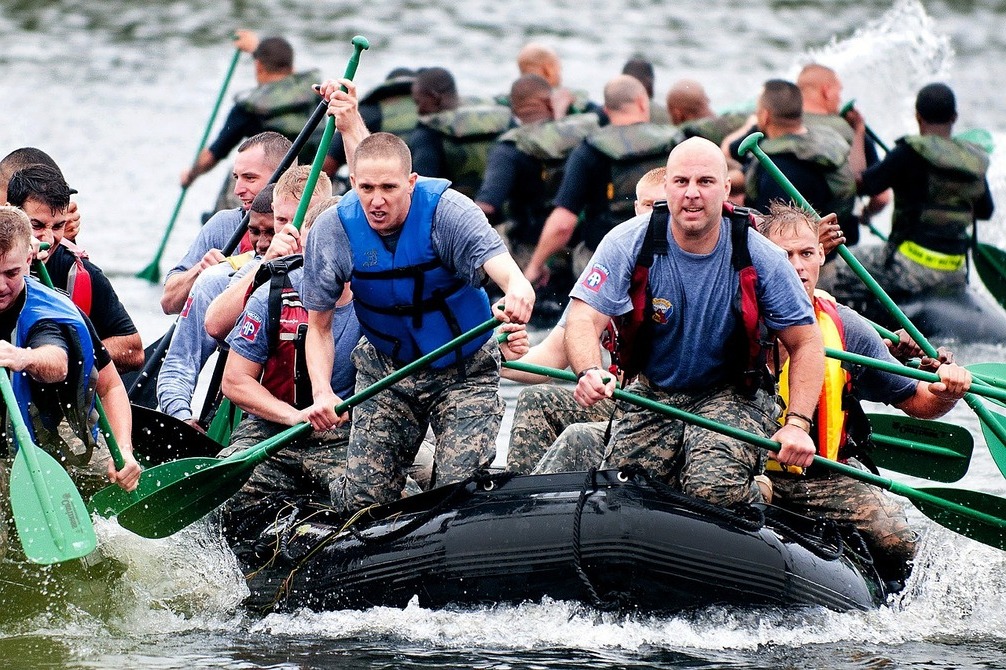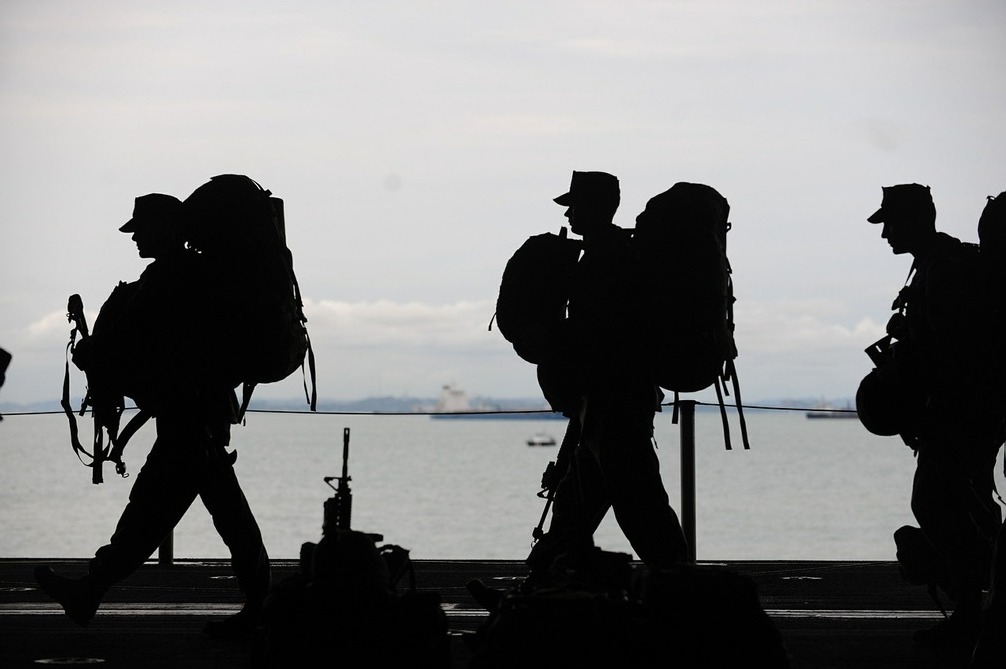Your PCS orders are in hand and it is time to start planning. It can be overwhelming, but you’re not alone. Here are answers to some of the most frequently asked questions among military families as they embark on the moving process:
There are so many things to take care of over the next three months. Where should I start?
Start by having a family meeting. Sit the kids down and tell them the news, and don’t be surprised if they get upset. Change is difficult, and the average military child will experience a lot of change over the next several years. Make this a safe space where they can share their questions, fears, and pain.

Then, start the counseling process through your local Transportation Office (T.O.) or online through the DPS portal (move.mil). The mandatory counseling will take you step-by-step through the PCS process, informing you and equipping you with everything you need for your move.
I’m overwhelmed by information overload. What should I do?
Your internet research will be overwhelming. The good news is the best information may be closer than you think. You may be surprised to find that you already know several people who have lived in your new location. Put the word out in your neighborhood, the office, even Facebook! Often, a friend of a friend will be happy to connect with you and give you the low down on your new community.
Should we live on base, or look for housing in the community?
Choosing where to live is one of the most important decisions you will make during this PCS. It doesn’t hurt to apply right away for base housing. You may reduce your time on the waiting list by a few months, and you aren’t under any obligation to take a house when it becomes available. Here are some other things to consider when choosing your housing:
- Do you value community over privacy? Base housing may be for you.
- If you like to decorate and make a home your own, you may prefer renting or buying in town.
- Does your spouse work long hours? Living on base means less driving – and more family – time!
- Buying a home will give you a tax advantage, and if you’re going to be there for a while, you’ll build some equity.
Alternatively, you may want to consider living temporarily (or semi-permanently) in a motorhome or RV. Several Airstream dealers and motorhome manufacturers offer military discounts to service members. RVs are an affordable and convenient option, especially if your family can’t immediately move with you and you can’t afford two concurrent mortgages, you’re expecting several PCS orders and don’t want to put down roots, or you’re single and don’t need much space. Texas Airstream offers some of the best deals on new and used Airstream travel trailers that are sleek and stylish, and have good resale value should you decide to purchase a more permanent home.
Whatever housing you choose, your new base has a housing office that is ready to help you get started. Also, visit www.militarybyowner.com and www.ahrn.com for more info on housing in the community.
What do I need to know about shipping our household goods?
When it comes to shipping your household goods, there is a lot to learn. Check out www.move.mil for access to information that will help you navigate the regulations.
You’ll need to know your weight restrictions – it is very expensive to go over your allowable weight. Also, look for information about firearms, professional gear, and flammables. You don’t want to be surprised on moving day!
I own a boat – will the military pay to move that too?
The official Transcom relocation guide warns that the Government will only partially reimburse service members for the cost of moving boats. To avoid having to pay out of pocket for boat moving expenses, the guide recommends considering a PPM (personally procured move). With a PPM, you’ll be reimbursed at 95% of the Government Constructed Cost, which means if you can find a way to move for less, you get to pocket the difference. Read here for an example of a military family who made over $10K by doing a PPM.

Know this: at some point, something will go wrong. You can’t move a family around the world 15 times and avoid broken furniture or missing boxes. You will, however, learn to value your belongings less, and the time to reconnect with your family more.



